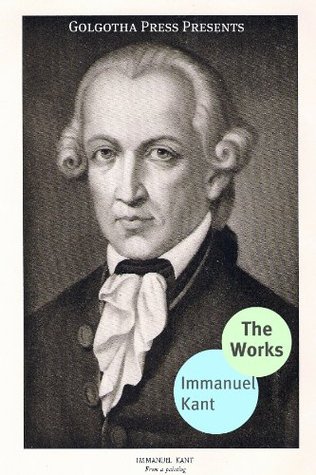More on this book
Kindle Notes & Highlights
Such precaution is very desirable in all philosophy and yet is often neglected; namely, not to prejudge questions by adventuring definitions before the notion has been completely analysed, which is often very late.
Pure reason is a perfect unity; and therefore, if the principle presented by it prove to be insufficient for the solution of even a single one of those questions to which the very nature of reason gives birth, we must reject it, as we could not be perfectly certain of its sufficiency in the case of the others.
What then are time and space? Are they real existences? Or, are they merely relations or determinations of things, such, however, as would equally belong to these things in themselves, though they should never become objects of intuition; or, are they such as belong only to the form of intuition, and consequently to the subjective constitution of the mind, without which these predicates of time and space could not be attached to any object?


